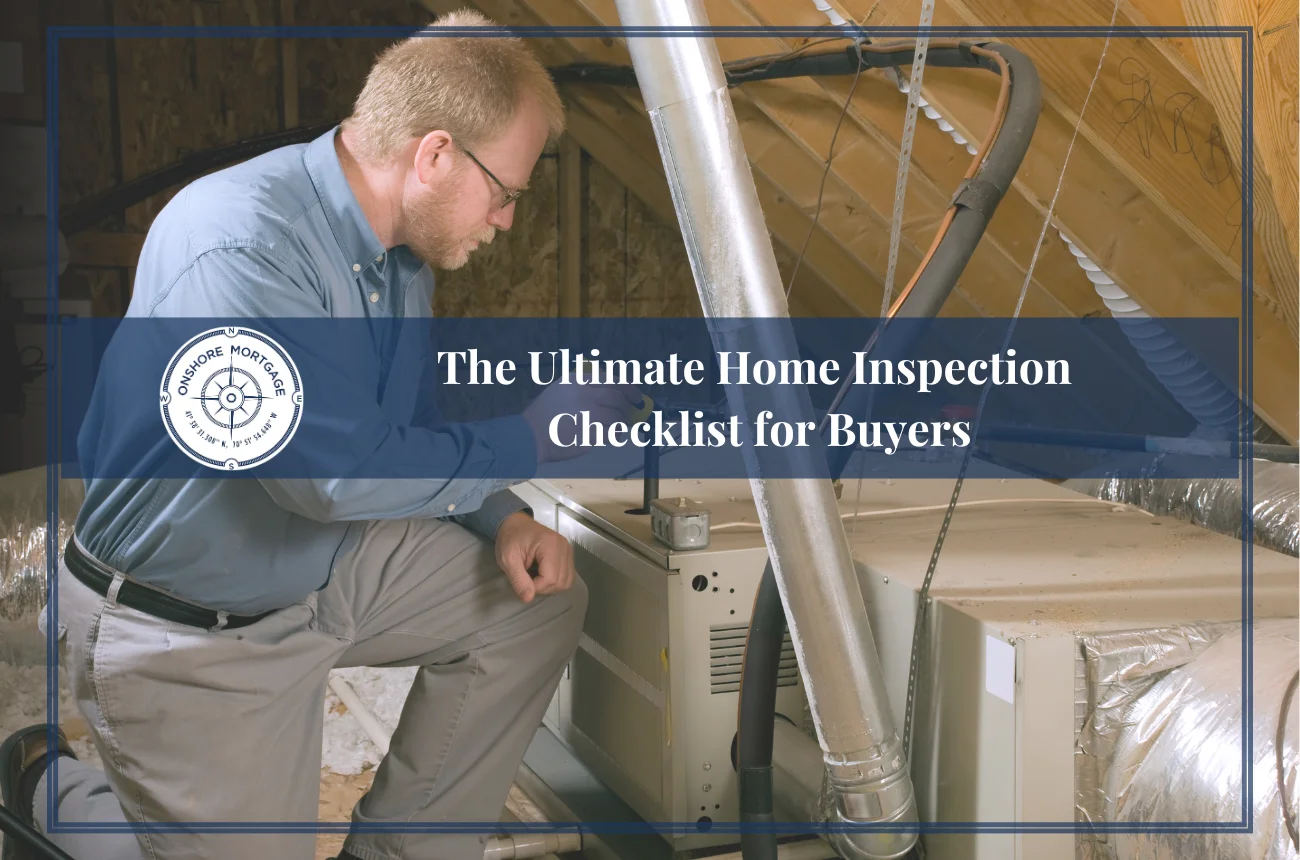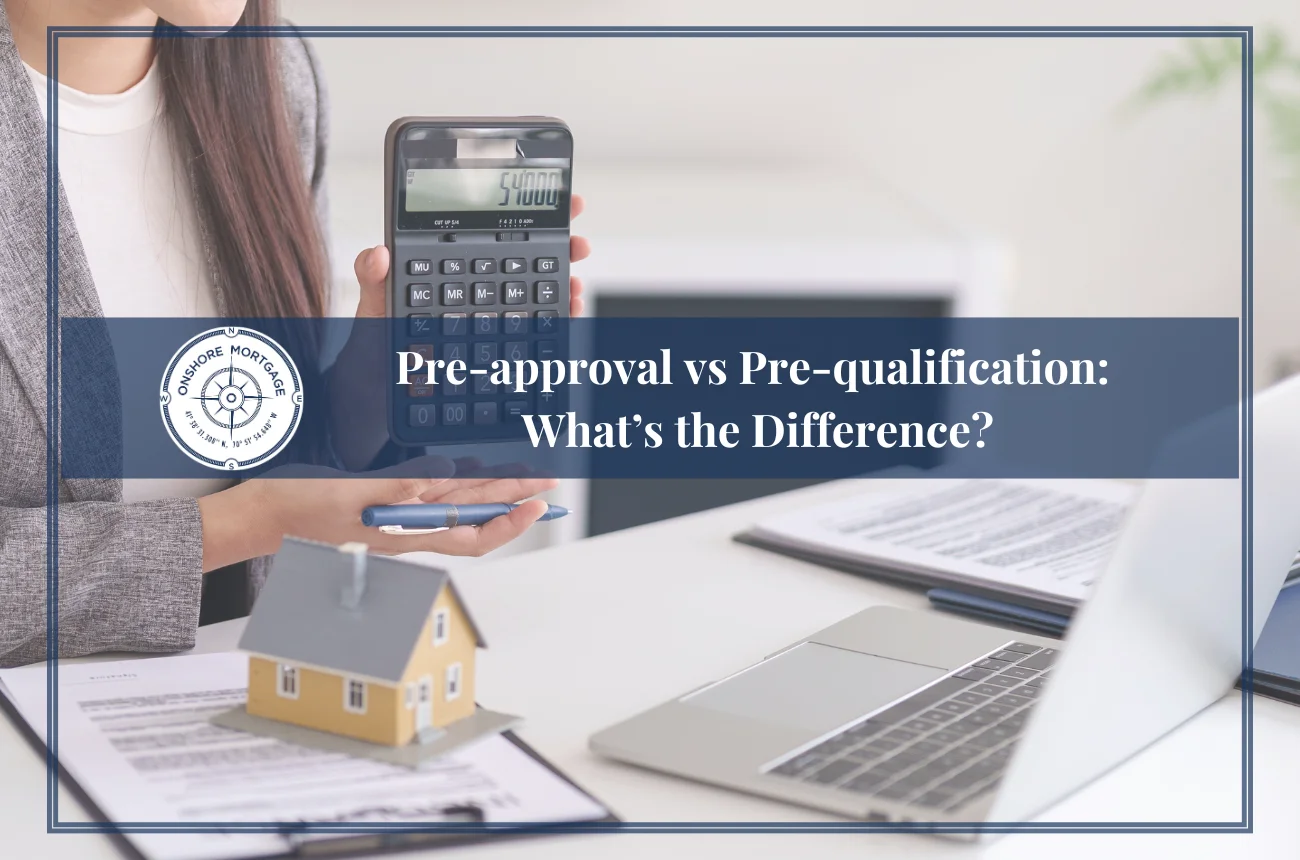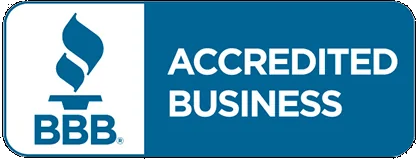

The Ultimate Home Inspection Checklist for Buyers
Use our home inspection checklist to identify issues, hire the right inspector, and ensure your dream home is in great condition before you close.
Buying a home is one of the biggest financial decisions you’ll ever make. That’s why a comprehensive home inspection is a must before closing the deal. A licensed, professional home inspector doesn’t just look at the surface, they uncover potential issues that could cost you thousands down the road. Whether you’re a first-time homebuyer or a seasoned investor, this checklist will help you understand what to look for and how to prepare.
✅ Home Inspection Checklist for Buyers
1. Start With the Exterior
Before you even step inside, take a good look at the outside of the property.
- Roof condition: Are there missing shingles, moss growth, or visible sagging? A pro will also assess flashing and ventilation.
- Siding and paint: Look for peeling, warping, or cracks in siding materials.
- Gutters and drainage: Water should flow away from the home’s foundation.
- Foundation: Walk the perimeter and look for visible cracks or water pooling.
➡️ Why hire a professional: While you can spot obvious issues, a licensed inspector uses tools like moisture meters and binoculars to examine areas you can’t access safely, like high roofs or crawl spaces.
2. Interior Details Matter
Once inside, look past the fresh paint and staging.
- Walls and ceilings: Watch for discoloration, water stains, or bubbling are all potential red flags.
- Doors and windows: Test for proper sealing, locking, and ease of use.
- Floors: Uneven, soft, or sloping floors may point to structural issues.
➡️ Pro tip: Your inspector will check for signs of previous damage that might not be immediately visible, including water intrusion or DIY patch jobs that hide deeper problems.
3. Inspect the Plumbing System
Plumbing problems can be costly, and often go unnoticed until it’s too late.
- Faucets and showers: Check for water pressure and drainage.
- Under-sink pipes: Look for signs of active leaks or corrosion.
- Toilets: Flush each one and listen for constant running or sluggish filling.
🚰 A professional inspector will also look for signs of outdated materials like galvanized pipes, which can be prone to corrosion and water quality issues.
4. Check the Electrical System
Electrical issues can be dangerous, and often an issue when financing a home using an FHA Loan. This is where hiring a licensed inspector is non-negotiable. Make sure they review all electrical issue in the home.
- Outlets and light switches: Ensure they work and aren’t warm to the touch.
- Electrical panel: Look for clear labeling and signs of amateur repairs.
- Lighting fixtures: Confirm they turn on without flickering or dimming.
⚡ Expert insight: A certified home inspector will test for overloaded circuits, check for proper GFCI placement in wet areas, and flag outdated wiring like knob-and-tube or aluminum.
5. Heating, Cooling, and Ventilation (HVAC)
Your inspector will evaluate the performance and safety of the heating and cooling systems.
- Furnace and AC units: Ask how old they are and request maintenance records.
- Vents and filters: Check for dust buildup and proper airflow.
- Thermostat: Confirm it functions correctly and responds to temperature changes.
➡️ A professional inspector may even use thermal imaging to ensure air is circulating properly and identify hot or cold spots that signal insulation problems.
6. Appliances
If the appliances are included in the sale, they should be tested.
- Kitchen appliances: Check the oven, stove, microwave, and dishwasher.
- Laundry units: Run a short cycle if they’re staying with the home.
While you can do a quick test yourself, your inspector can spot signs of wear, leaks, or outdated connections that may cause safety or efficiency issues.
7. Attic, Basement, and Crawl Spaces
These areas are commonly overlooked, but they’re full of clues about the home’s health.
- Attic: Should be dry, insulated, and well-ventilated with no signs of mold or pests.
- Basement or crawl space: Watch for moisture, foundation cracks, and musty odors.
🐭 A trained inspector will spot early signs of termite damage, rodent nests, or mold, all of which can be costly and affect loan approval or insurance.
8. Safety and Code Compliance
- Smoke and carbon monoxide detectors: Required by law in most states.
- Handrails and stairways: Must be secure and built to code.
- Egress windows: Especially important in basement bedrooms for fire safety.
✅ An experienced home inspector knows local building codes and will ensure the home meets modern safety standards, a huge plus when applying for certain loan types.
📝 After the Inspection: What to Do
Once the inspection is complete, you’ll receive a detailed report, often within 24 hours. Review it carefully with your real estate agent or mortgage broker. Some issues might require immediate attention, while others can be used as negotiation leverage for repairs or credits on your purchase contract.
🏡 Pro Tip: If significant issues are found, you may also want to bring in specialists like electricians, roofers, or foundation experts for second opinions or estimates.
💬 Final Thoughts
A home inspection is not a step you want to rush, or skip. It’s your opportunity to get a true picture of the home’s condition before making a major financial commitment. Hiring a licensed, experienced home inspector can help uncover hidden problems, protect your investment, and give you the confidence to move forward.
If you’re navigating the home buying journey and want expert guidance on the mortgage and inspection process, connect with Onshore Mortgage today. We're here to make sure you're educated, empowered, and ready to make your next move. 🏠✨

Latest Posts


Grant R. Menard MLO NMLS# 17308
CLICK HERE
Onshore Mortgage

Massachusetts Division of Banks NMLS#MB1995582
CLICK HERE
The information contained in this site has been prepared by an independent third party and is distributed for educational purposes only. This is designed to give helpful tips on the mortgage process and is not intended to give legal advice.
Information is considered reliable but not guaranteed. This is not a pre-qualification, pre-approval, loan approval or commitment to lend. We arrange but do not make loans.

.webp)
.webp)
